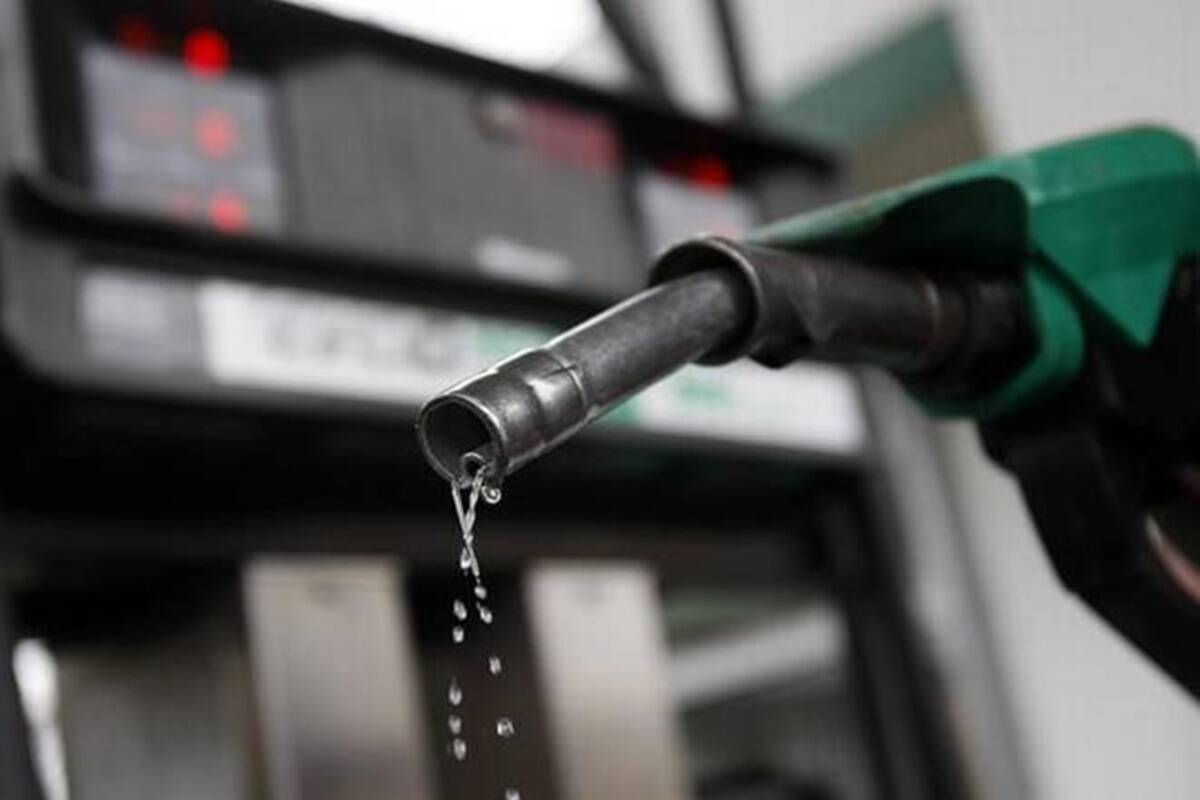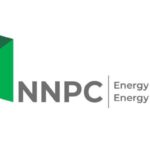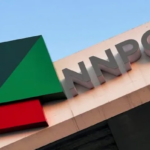Calls for a full and transparent deregulation of the downstream oil and gas sector have greeted the recent increase of about five per cent in the retail price of Premium Motor Spirit (PMS) popularly known as petrol from N160 per litre to N168 per litre.
Stakeholders in the downstream value chain of the oil and gas sector insist that deregulation remains the “most appropriate and sustainable” direction available to the nation as global prices of crude oil continue to reel under the pressure of the COVID-19 pandemic.
- Petrol price rose by 10.8% in October — NBS
- Recession: Atiku wants estacodes, others expunged from 2021 budget
Analysis of the sector shows that with the current pump price of PMS at N168/litre, the Cost of Sales (COS) which represents the direct cost attributable to bringing PMS to the point of sales is estimated at about N161.81/litre.
This represents 96.32 per cent of the total cost to marketing and distribution companies, which implies that such companies, based on the pricing template, only have a thin margin of about 3.68 per cent to cover running costs and make additional investments in infrastructure development.
Access to foreign exchange (forex) which leans in favour of the Nigerian National Petroleum Corporation (NNPC) creates what experts described as a “monopolistic wholesale market” that thrives on “lopsided pricing mechanism within the market.”
The Director of National Oilwell Varco, Houston, United States, Dr. Babajide Agunbiade, said Nigeria might never harness the full development potentials of its oil and gas sector with the continued inefficiencies within the value chain.
“Deregulation would reposition the sector and free the government to focus on its traditional role of creating an enabling environment for the growth of the sector.”
Industry watchers say there is an urgent need for marketers to participate in the supply of PMS to promote efficiency, sufficiency and greater value for consumers.
They opined that a full and transparent deregulation of the downstream sector would lead to competitive pricing mechanisms which would facilitate the more partnerships and investments in the sector.
Mrs. Winifred Akpani, Chairman of DAPPMAN, said the organisation welcomed recent developments around the subject, but believed that “now is the time for the sector to embrace full deregulation.”
She said as deregulation opens up the market for new opportunities, there will be unprecedented push in the sector towards promoting global standards in supply chain management, thereby creating a system that gives the buying public added value for money.
“We have an opportunity to transform this sector to ensure more transparency, professionalism and long-term sustainability” Akpani noted.
PMS pricing remains a contentious issue in Nigeria amid calls for full deregulation which are expected to continue. The recent price adjustment saw the product selling between N165 and N168 at retail outlets nationwide.



